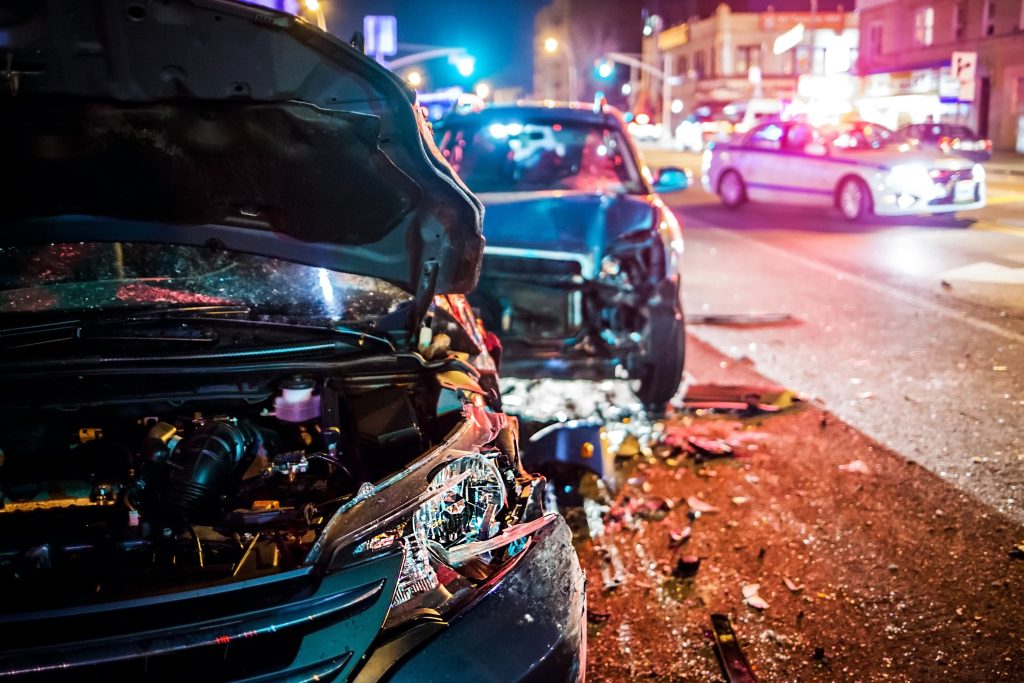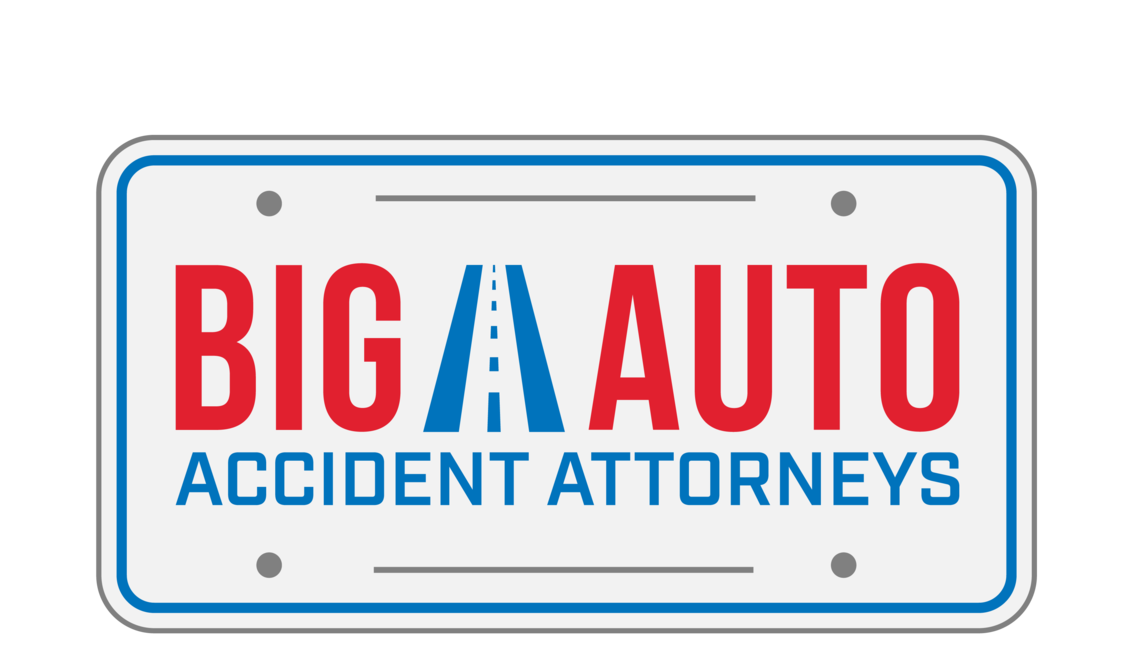Do You Always Get a Settlement From a Car Accident?
FREE CASE REVIEW
Car accidents are traumatic events, often leaving victims with physical injuries, emotional distress, and financial burdens. Many people assume that if they’re involved in a car accident, they’ll automatically receive a settlement to cover their damages. However, the reality is more nuanced, and there are some scenarios where you may not receive a settlement.
No-Fault Insurance Laws
In states with no-fault insurance laws, each party’s insurance covers their own medical expenses and damages regardless of fault, aiming to expedite compensation and reduce litigation. However, this system may limit your ability to file a lawsuit or receive a settlement beyond what your insurance provides unless specific criteria, such as exceeding a certain threshold of injury or cost, are met.
Despite these limitations, no-fault states often have a threshold for what constitutes a “serious injury,” allowing individuals to step outside the no-fault system and pursue a claim against the at-fault driver. If your injuries meet this threshold, you may be eligible to seek compensation beyond the coverage provided by your insurance policy. This provides an avenue for additional recovery of damages and helps ensure that you receive the correct compensation for your losses.
Limited Insurance Coverage
Even if the at-fault party has insurance coverage, it might not be sufficient to compensate for all of your damages. For instance, if your medical bills, lost wages, and car repair costs exceed the at-fault driver’s policy limit, you may not receive full compensation for your losses.
In these cases, the insurance payout may only cover a small portion of the expenses incurred, leaving you responsible for covering the remaining costs out of pocket. This shortfall can be a major problem if the accident resulted in severe injuries requiring extensive medical treatment, prolonged rehabilitation, or time off work.
Beyond these expenses, there may be other out-of-pocket expenses associated with the accident that would not be covered. This could include expenses for transportation to medical appointments, home modifications or accommodations for disabilities, or assistance with household tasks if you’re unable to perform them yourself due to your injuries.
The lack of adequate insurance coverage can prolong the recovery process and hinder your ability to regain financial stability. If this is the case, you may find yourself dealing with significant financial hardship and uncertainty about how to cover your ongoing expenses.
Insufficient Evidence of Liability
In cases where evidence of liability is lacking, accident victims may face an uphill battle in proving their case and recovering damages. Without concrete proof of the other party’s negligence or wrongful actions, insurance companies are typically reluctant to offer a fair settlement or may outright deny the claim. This may leave you feeling frustrated and often uncertain about your legal options.
In these situations, it’s essential to explore alternative avenues for gathering evidence and strengthening your claim. This may involve conducting thorough investigations, obtaining expert testimony or leveraging available resources such as dash cam footage or accident reconstruction experts.
You should also take proactive measures to safeguard your interests in the aftermath of an accident. This includes documenting the scene of the accident, collecting witness statements and seeking medical attention promptly to establish a clear link between your injuries and the incident. The faster and more thoroughly you move, the easier it is to prove your case and avoid settlement denial.
Contributory Negligence
If your accident occurs in a state that follows contributory negligence laws, even a small degree of fault on your part can bar you from recovering damages. For example, if you were found to be even 1% at fault for the accident, you might not be eligible for compensation in areas that uphold pure contributory negligence laws. This strict standard can be particularly challenging for accident victims seeking compensation.
Contributory negligence can be complicated to determine. Factors such as speeding, failing to obey traffic signals, distracted driving or not wearing a seatbelt can all be considered evidence of contributory negligence. In a state with contributory negligence, if you are deemed to have contributed to the accident through your own negligence, the other party’s insurance company may use this as a defense to reduce or deny your claim for compensation.
The burden of proof is on the defendant to establish that you were negligent and that your negligence contributed to the accident. They may argue that your actions or inactions played a role in causing the accident and, therefore, you should not be entitled to recover damages. However, they must demonstrate that your actions fell below the standard of care expected of a reasonable person under similar circumstances, which isn’t always possible.
Complicating the matter further is the comparative negligence system. This system allows for a more equitable distribution of fault and compensation. Under comparative negligence, your recovery of damages is reduced by your percentage of fault. For example, if you are found to be 20% at fault for the accident, your compensation would be reduced by 20%.
Failure to Seek Prompt Medical Attention
Even if you think you aren’t hurt, you must seek medical attention immediately after a car accident, no matter how minor. Injuries can be more severe than they seem at first, and if you don’t seek treatment right away, it can interfere with your ability to seek compensation.
If you don’t get a medical examination or you put off follow-up appointments, the insurance company may question the severity of your injuries and argue against the validity of your claim. They may state that your injuries are not as serious as claimed or were caused by factors unrelated to the accident. This could undermine your credibility and weaken your case for a settlement.
You have to take care to avoid any gaps in medical treatment; in addition to seeking care right away, you must also not discontinue treatment prematurely. Even if you think you’re feeling better, you need to keep up with the prescribed medical treatment. If you don’t, it can raise doubts about the causal relationship between the accident and your injuries.
Insurance adjusters may exploit any gap in care to challenge your settlement and argue that your injuries were not directly caused by the accident or that they have since resolved. They may offer lowball settlement offers or outright reject your claim, citing lack of evidence or pre-existing conditions as reasons for their decision.
Protecting Your Settlement
If you find yourself in a situation where a settlement seems unlikely, don’t panic. Pursuing compensation for a car accident can be a lengthy and challenging process. Stay persistent and proactive in your efforts to secure fair compensation for your injuries and losses. Even if the situation is challenging, collecting as much information as you can is critical.
Make sure that you gather as much evidence as possible to support your settlement claim. This can include:
- Police reports
- Witness statements
- Medical records
- Photos of the accident scene and property damages
- Documentation of medical expenses and lost wages
Your recordkeeping is extremely important. Keep all records of expenses and invoices. Everything from out-of-pocket expenses to repair estimates is valuable information in your pursuit of compensation.
If you’re not sure about whether or not you qualify for a settlement after a car accident, you should seek guidance. Don’t hesitate to reach out to Big Auto for more information; our national team is available no matter where you are.


